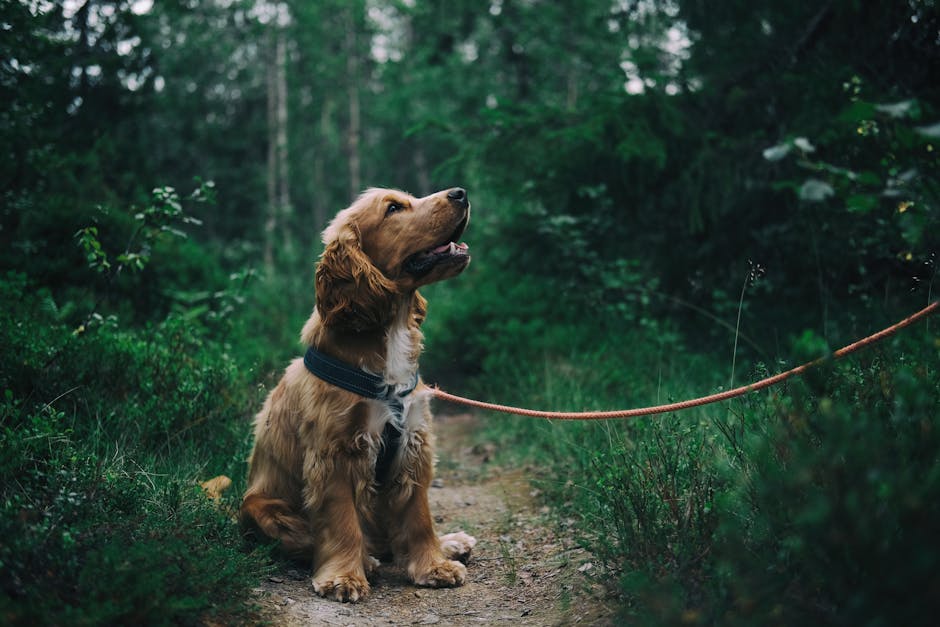Training your dog is not merely about teaching tricks but rather nurturing a strong and respectful relationship built on communication, trust, and mutual understanding. Here's a comprehensive guide to help you embark on this rewarding journey:
**Setting Goals and Expectations**
Before beginning training, it's crucial to establish clear goals. Define what you want your dog to learn, whether it's basic obedience commands, potty training, or advanced tricks. Realistic expectations are essential to avoid frustration and promote progress.
**Understanding Your Dog's Behavior**
Understanding your dog's natural instincts and communication methods is paramount for effective training. Observe their body language, vocal cues, and behaviors to tailor your approach to their individual needs. Positive reinforcement, such as praise or treats, can motivate dogs to learn desired behaviors.
**Start with Basic Commands**
Begin with fundamental obedience commands like "sit," "stay," "come," and "heel." Use clear hand signals and verbal cues to communicate your intentions. Consistency and repetition are key to helping your dog grasp these commands. Practice in short sessions, gradually increasing the duration and difficulty.
**Reward and Discipline**
Positive reinforcement is highly effective in dog training. Reward your dog with treats, praise, or affection when they follow commands correctly. However, avoid excessive punishment as it can damage your bond and hinder progress. Instead, focus on redirecting unwanted behaviors and using negative reinforcement sparingly.
**Generalization and Proofing**
Once your dog learns commands in specific situations, it's essential to generalize them to different environments. Practice in various locations, with distractions, and at different times of the day. This helps strengthen their understanding and ensures obedience in real-life scenarios.
**Troubleshooting and Patience**
Inevitably, there will be setbacks in training. Don't get discouraged. Identify where the challenge lies and adjust your approach. Patience and perseverance are virtues in dog training. Remember that every dog learns at their own pace.
**Advanced Training**
After mastering basic commands, you can explore advanced training such as agility, tracking, or working with special needs dogs. These advanced skills require specialized instruction and a strong bond between you and your dog.
**Seek Professional Help When Needed**
If you encounter persistent challenges or behavioral issues, don't hesitate to seek professional help from a qualified dog trainer. They can provide personalized guidance, address underlying problems, and help you achieve your training goals effectively.
Remember, dog training is an ongoing process that requires patience, consistency, and a deep love for your furry companion. By following these guidelines, you can nurture a harmonious and fulfilling bond with your dog, enriching both of your lives immeasurably.
